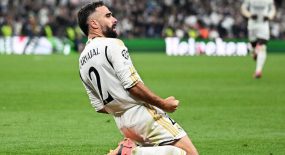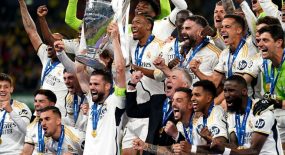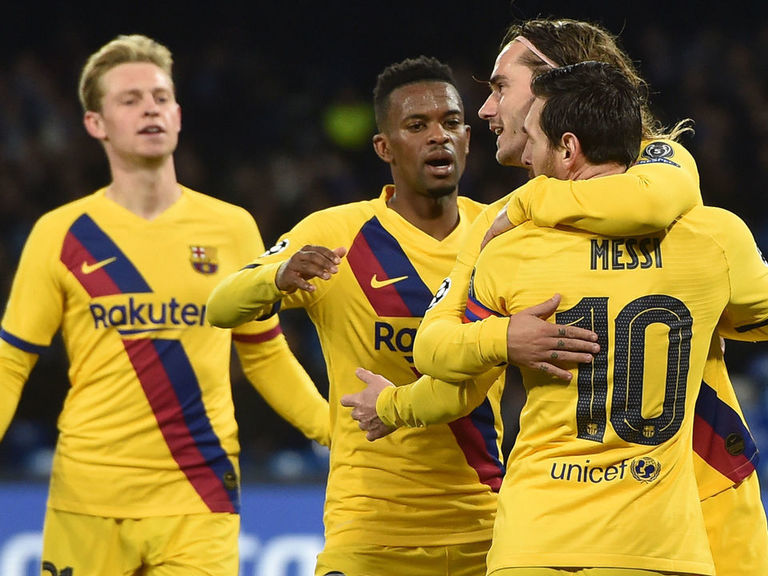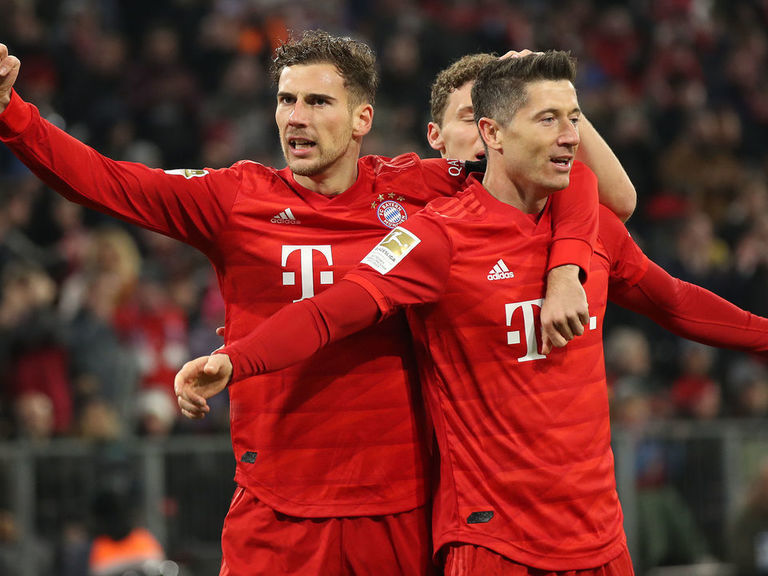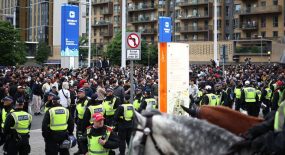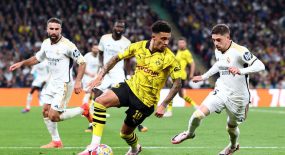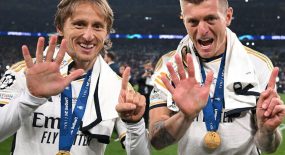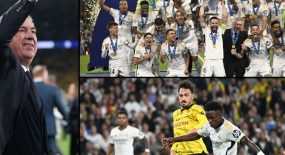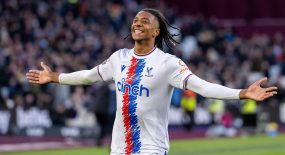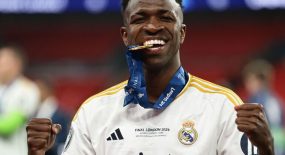Philadelphia Eagles wide receiver Alshon Jeffery has been the subject of much speculation this NFL offseason.
There have been multiple reports suggesting the Eagles would like to move on from Jeffery despite having just guaranteed his 2020 salary in September, including one that indicates Jeffery would welcome a change of scenery — a notion his agent promptly pushed back on.
The winds can shift quickly on an NFL player. Philadelphia leaned heavily on Jeffery’s ability and drew liberally from his swagger-rich, competitive spirit during the Eagles’ 2017 Super Bowl run, but the team is now, some believe, mapping out a future that doesn’t include him.
There is a lot to unpack with Jeffery’s situation, from his cumbersome contract to his relationship with quarterback Carson Wentz.
Let’s explore:
The Eagles need wide receiver help. Why would they want to part with a proven commodity in Jeffery?
Looking ahead to the offseason:
• Ranking the top 50 free agents »
• Biggest looming free-agent decisions »
• Top offseason needs for all 32 teams »
• Free agency coverage » More NFL »
Philadelphia has prioritized getting younger and faster this offseason, and that certainly includes at wide receiver. Splitting with Jeffery, 30, would be part of the youth movement.
Beyond that, there were on-field chemistry issues between Jeffery and Wentz, along with a sense by some close to the situation that the lack of chemistry applied to their off-field relationship, as well, creating an air of awkwardness in pockets of the locker room.
Speaking at the NFL scouting combine on Tuesday, Eagles coach Doug Pederson said that wasn’t the case.
“I don’t see that,” he said. “I think one of the things where Carson really took a big step was in the leadership approach this past year, getting everybody on the same page and on board. And it’s just unfortunate because we had a lot of high expectations on offense going into the season, and then when pieces started to drop out; it’s just unfortunate that way.
“But there were no issues between those two.”
The atmosphere was transformed, however, when injuries to several skill position players, including Jeffery, put a cast of young, unheralded players around Wentz — a group eager to follow their quarterback’s lead. The offense awoke, further cementing the notion that a shake-up was needed.
If the plan is to move on from Jeffery, why haven’t they yet?
Guaranteeing Jeffery’s $9.9 million contract for 2020 has proved problematic. He carries a cap hit of more than $15 million this season. Further complicating matters is that teams are not able to cut players with a “June 1” designation in the final year of the collective bargaining agreement — a tool that allows teams to spread the dead-cap hit over multiple seasons. Without it, all of the dead money accelerates to the current cap year when a player is released. For the Eagles, that would mean a $26 million dead-cap charge for 2020 if they let Jeffery go now.
Philadelphia is watching the CBA negotiations as closely as anybody. If the NFL and the National Football League Players Association reach a new agreement over the coming days, the “June 1” designation is back in play and moving on from Jeffery becomes an easier task.
Can the Eagles trade him?
Watch live as Howie Roseman and Doug Pederson meet with the media at the #NFLCombine.
— Philadelphia Eagles (@Eagles) February 25, 2020
Technically, yes, but his injury throws a wrench into things. Jeffery had Lisfranc surgery in December. Recovery time is estimated to be nine months, which puts us at the doorstep of the 2020 season. Will he be back to perfect health for the start of the campaign? How long will it take for him to return to full form? The uncertainty makes it unlikely a team would give up resources to take on Jeffery’s contract while he is on the mend.
So how will this play out?
Some in the building believe that Eagles management plans to cut ties with Jeffery but hopes to limit the cap hit. If a new CBA is agreed upon, it would be no surprise if the Eagles part with Jeffery a short time afterward.
If not, they have to weigh whether the desire to move on is worth the $26 million dead-cap cost of doing business. In that scenario, there’s logic to holding onto Jeffery as insurance at wideout, with the option of potentially moving him once he has returned to health.
The overall odds, though, appear to favor Jeffery exiting at some point in 2020.




